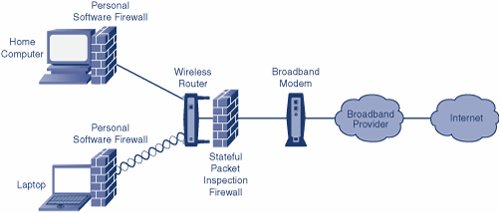


Organizations that handle PII, such as Social Security numbers and passwords, are required to keep it safe. Data breaches can be expensive for both individuals and businesses.

An organization without adequate network security risks disruption of its operations. The following are four of the most important reasons why protecting networks and the data they hold is important: When hackers get hold of such data, they can cause a variety of problems, including identity theft, stolen assets and reputational harm.

Network security is critical because it prevents cybercriminals from gaining access to valuable data and sensitive information. A firewall is a key network security device used to protect a corporate network. No matter the specific method or enterprise security strategy, security is usually framed as everyone's responsibility because every user on the network represents a possible vulnerability in that network. Security methods must evolve as threat actors create new attack methods on these increasingly complex networks. Security becomes more important as networks grow more complex and enterprises rely more on their networks and data to conduct business. Network security involves the use of a variety of software and hardware tools on a network or as software as a service. Many of these devices are susceptible to potential attackers. Successful network security strategies employ multiple security solutions to protect users and organizations from malware and cyber attacks, like distributed denial of service.Ī network is composed of interconnected devices, such as computers, servers and wireless networks. Network security is important because it keeps sensitive data safe from cyber attacks and ensures the network is usable and trustworthy. Network security encompasses all the steps taken to protect the integrity of a computer network and the data within it. Ben Lutkevich, Technical Features Writer.


 0 kommentar(er)
0 kommentar(er)
